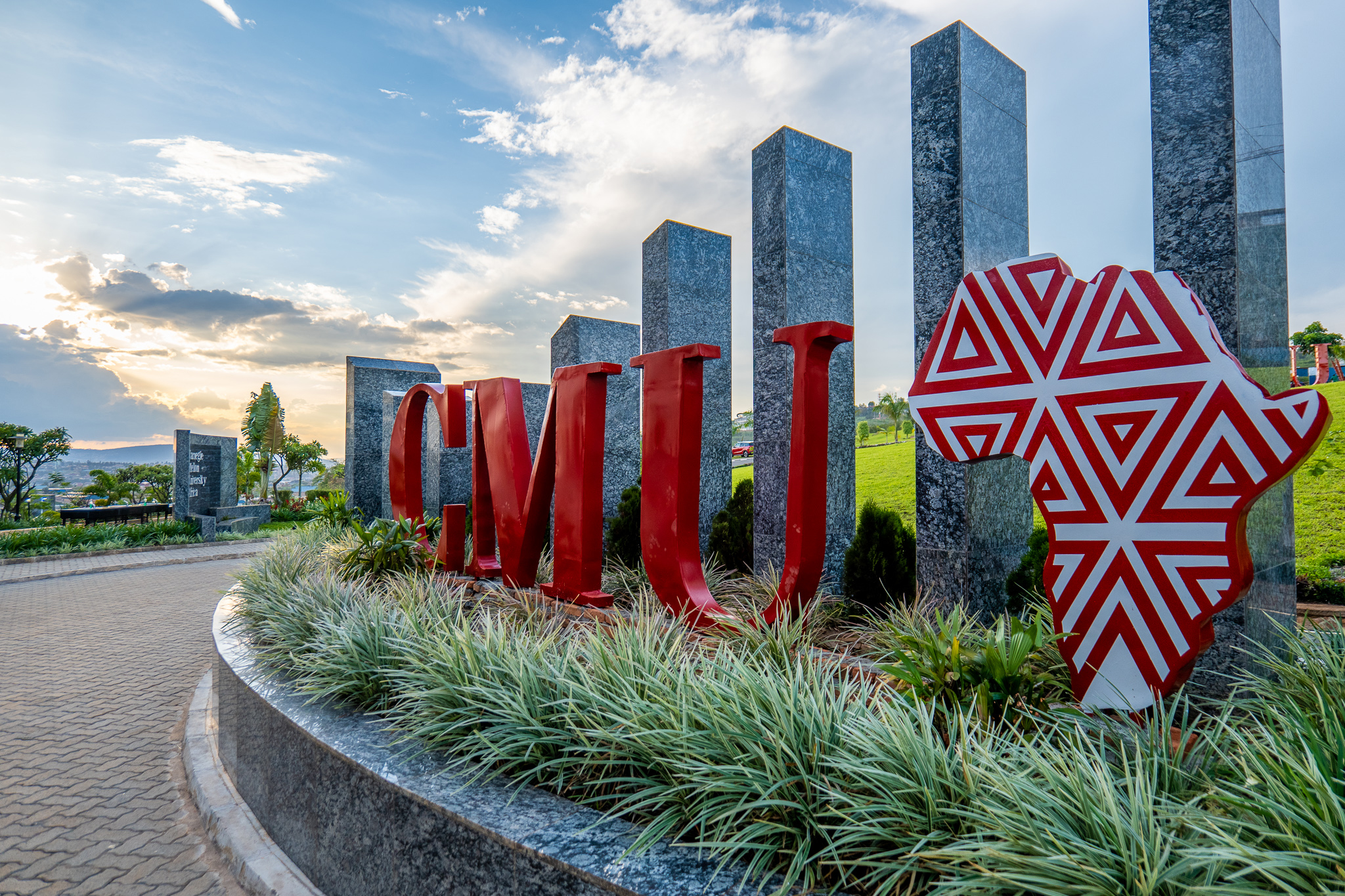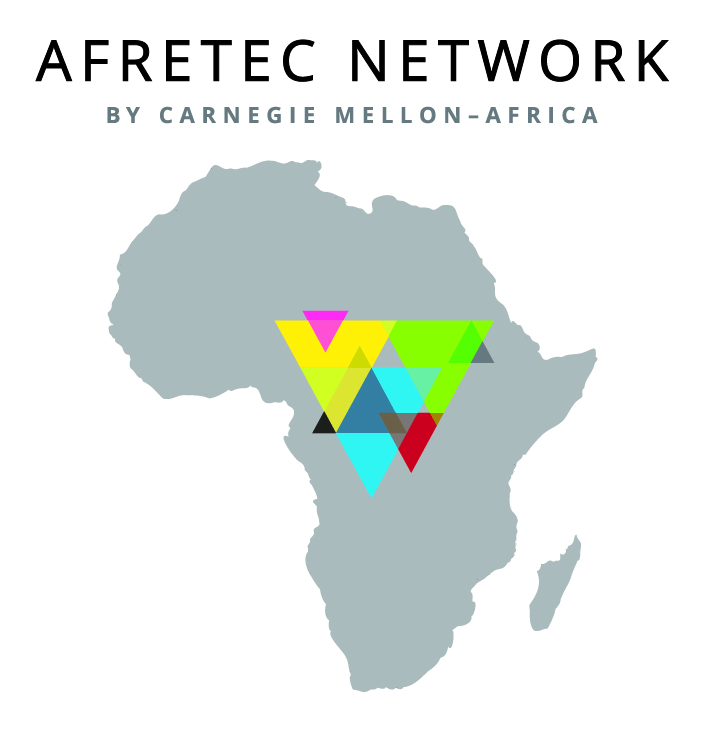
Afretec Awards First Research Planning Grants
By Hannah Diorio-Toth
Media InquiriesThe African Engineering and Technology Network (Afretec) is a pan-African collaboration consisting of technology-focused universities from across the African continent. The network, led by Carnegie Mellon University Africa, currently has five university members: CMU-Africa, the University of Rwanda, Cheikh Anta Diop University of Dakar in Senegal, University of Lagos in Nigeria, and the American University of Cairo in Egypt and is in the process of identifying the next five university members.
The creation of Afretec is a defining moment for the digital transformation of Africa. The network will build a strong knowledge creation and educational infrastructure on the continent. It will also provide a platform for its members to engage in deep collaboration that drives inclusive digital growth in Africa.
One important focus for Afretec will be to support, promote, and enhance research capability across Africa. The network sets out to generate and expand innovative African-focused research that responds to critical challenges on the continent with the support of African and international researchers. As part of this goal, the network will award research planning grants each year to support the creation of multi-institution teams that include researchers from CMU-Africa, Carnegie Mellon University (located in Pittsburgh), and an African university.
Recently, six planning grants were awarded to research collaborations that will lead to socio-economic impact and focus on driving inclusive digital growth on the African continent. The projects are aligned with the United Nation’s Sustainable Development Goals and the African Union Digital Transformation Strategy and build on underlying engineering, technology, and science in areas such as artificial intelligence, machine learning, robotics, information technology, and cybersecurity.
Learn more about the 2022 awarded planning grants
Low-cost, accessible biotechnologies for African hair and dark skin colors
Primary investigators:
- Thomas Kwasa (University of Nairobi - Kenya)
- Assane Gueye (CMU-Africa)
- Pulkit Grover (CMU-Pittsburgh)
This project intends to make two widely used non-invasive technologies— electroencephalography (EEG) and pulse oximetry (PulseOx)—more accessible and affordable for the African population. Presently, EEG does not work well with the hair of those with African descent, while PulseOX may provide inaccurate readings for people with dark skin colors. Researchers will examine these technologies to better understand their shortcomings, by enabling co-developing, prototyping, and testing solutions.
Towards intelligent traffic management and safety
Primary investigators:
- Emmanuel Ndashimye (University of Rwanda)
- Ahmed Biyabani (CMU-Africa)
- Ozan Tonguz (CMU-Pittsburgh)
This project seeks to improve traffic safety in Africa through work related to intelligent traffic management. Researchers aim to generate practical impact in three areas: theoretical research in networking, distributed and cloud/edge computing, internet of things (IoT), and AI; applied research in intelligent transportation systems and vehicle-to-vehicle communications to address problems in traffic safety and efficiency in African contexts; and the education of graduate students who will allow the flow of knowledge into the workforce.
Leveraging additive manufacturing to improve access to quality prosthetic and orthotic services in developing countries
Primary investigators:
- Jean Bosco Byiringiro (Dedan Kimathi University of Technology - Kenya)
- Moise Busogi (CMU-Africa)
- Conrad Tucker (CMU-Pittsburgh)
Only 5 to 15 percent of people in low- and middle-income countries in need of assistive technologies have access to them. This research project will leverage advances in emerging technologies to accelerate access to prosthetic or orthotic services. The researchers will integrate elements of machine learning, 3D scanning, and 3D printing in ensuring a cost effective, speedy, and quality access to prosthetic and orthotic services. This work will be done in close collaboration with local health providers.
AI systems for cardiovascular disease screening in Africa
Primary investigators:
- Agnes Binagwaho (University of Global Health Equity, Rwanda)
- Francesco Renna (University of Porto)
- Miguel Coimbra (University of Porto)
- Suryaprakash Kompalli (CMU-Africa)
- Vijayakumar Bhagavatula (CMU-Pittsburgh)
Congenital heart disease (CHD) affects about 8 in every 1000 live births in Africa. This project aims to make cardiac screening financially viable and create a services industry around cardiac screening solutions. Researchers will review multimodal methods and automated tools for CHD screening of African children. The results will kick-start an ambitious line of research for a computer-aided decision system for point-of-care CHD screening and eventually expand to developing screening tools for a variety of conditions relevant to the African context.
Fostering clean development in Africa by developing and disseminating reduced-complexity models of air pollution
Primary investigators:
- Rebecca Garland (University of Pretoria - South Africa)
- Allen Robinson (CMU-Africa)
- Peter Adams (CMU-Pittsburgh)
The air pollution challenge in Africa is severe. Unfortunately, there is little technical capacity to consider the air pollution and health consequences of decisions in an evidence-based way. Reduced-complexity models (RCMs) are a new approach that offers opportunities to make evidence-based decisions, and they require little personnel time, specialized training, or high-performance computing. The purpose of this project is to take initial steps towards developing an RCM for Africa and to engage with African collaborators.
Electricity utility digital transformation: Preparation for advanced data-driven change
Primary investigators:
- Trevor Gaunt (University of Cape Town - South Africa)
- David Oyedokun (University of Cape Town - South Africa)
- David Laverty (Queens University - Northern Ireland)
- Fernanda Trindade (University of Campinas - Brazil)
- Barry Rawn (CMU-Africa)
- Eric Umoza (CMU-Africa)
- Assane Gueye (CMU-Africa)
- Craig Miller (CMU-Pittsburgh)
- Larry Pileggi (CMU-Pittsburgh)
- Vyas Sekar (CMU-Pittsburgh)
The digital transformation of Africa will enable utilities to become a testbed for innovation, while improving their financial position in terms of efficiency and appeal to investors. The information and communications technology advantages of Rwanda can be tapped by its electricity utility, Rwanda Energy Group (REG), by fusing existing data sources, implementing advanced data analytics, and identify areas of strategic investment. This project will establish a map for digital transformation in REG that includes data architecture, data fusion, and low-cost, open-source hardware and software. Additional work will evaluate how to transform incomplete data sets into information suitable for decision making.
